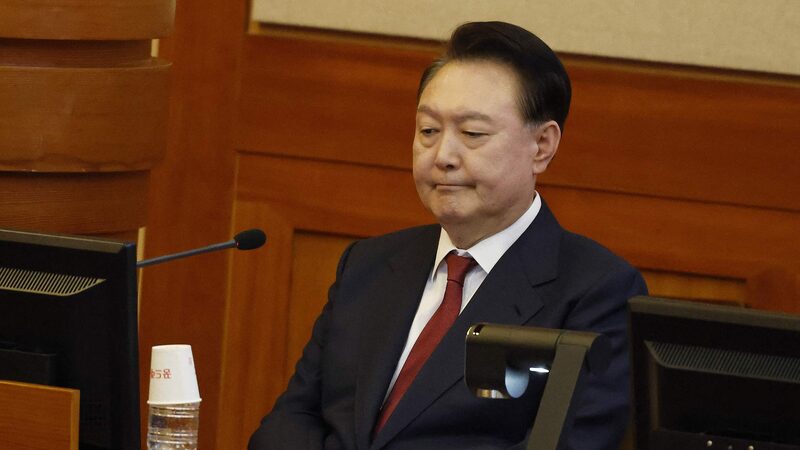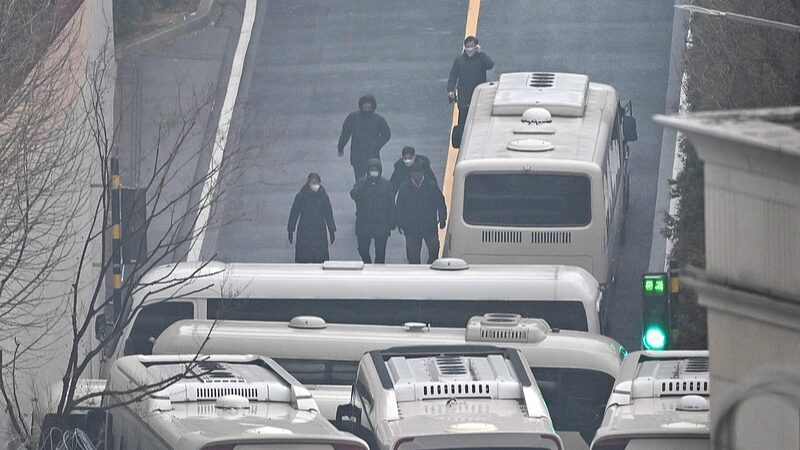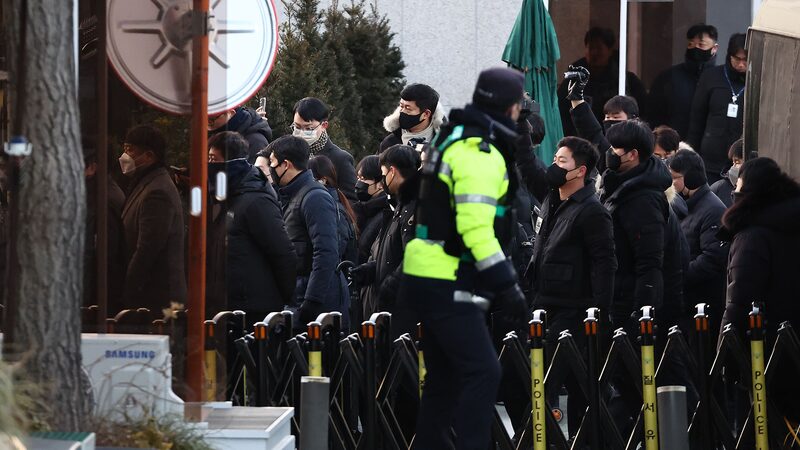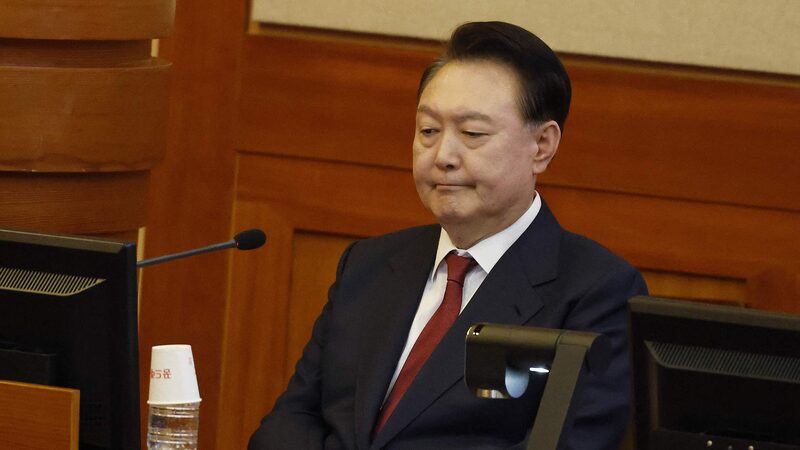In an unprecedented turn of events, South Korean President Yoon Suk-yeol was arrested at his presidential residence on Wednesday morning, marking the first time in the nation’s modern history that a sitting president has been taken into custody.
The arrest follows Yoon’s impeachment over his short-lived imposition of martial law, a move that stirred significant controversy and public outcry across the Republic of Korea. The joint investigation unit, comprising the Corruption Investigation Office for High-ranking Officials (CIO), the National Office of Investigation (NOI), and the defense ministry’s investigative headquarters, confirmed the arrest in a brief statement.
“President Yoon was arrested at 10:33 a.m. local time,” the joint unit announced, without providing further details on the charges or the subsequent legal process.
Television footage captured the moment vehicles transporting the detained president departed from the Blue House, the presidential residence in central Seoul. The convoy headed to the CIO office in Gwacheon, located just south of Seoul, where Yoon is expected to undergo initial questioning. He will then be detained at the Seoul Detention Center in Uiwang, approximately five kilometers from the investigation office.
The Corruption Investigation Office now faces a critical decision: within 48 hours, it must determine whether to seek a separate warrant to detain Yoon for an extended period of up to 20 days for further interrogation or to release him pending trial.
Yoon’s arrest is a significant moment in South Korea’s political landscape, reflecting the nation’s commitment to upholding democratic principles and legal accountability, even at the highest levels of government. The events have captivated not only the South Korean populace but also international observers keen on understanding the implications for regional stability and governance.
The situation remains fluid, and the coming days will be pivotal in determining the future of South Korea’s leadership and its approach to constitutional governance.
Reference(s):
cgtn.com




